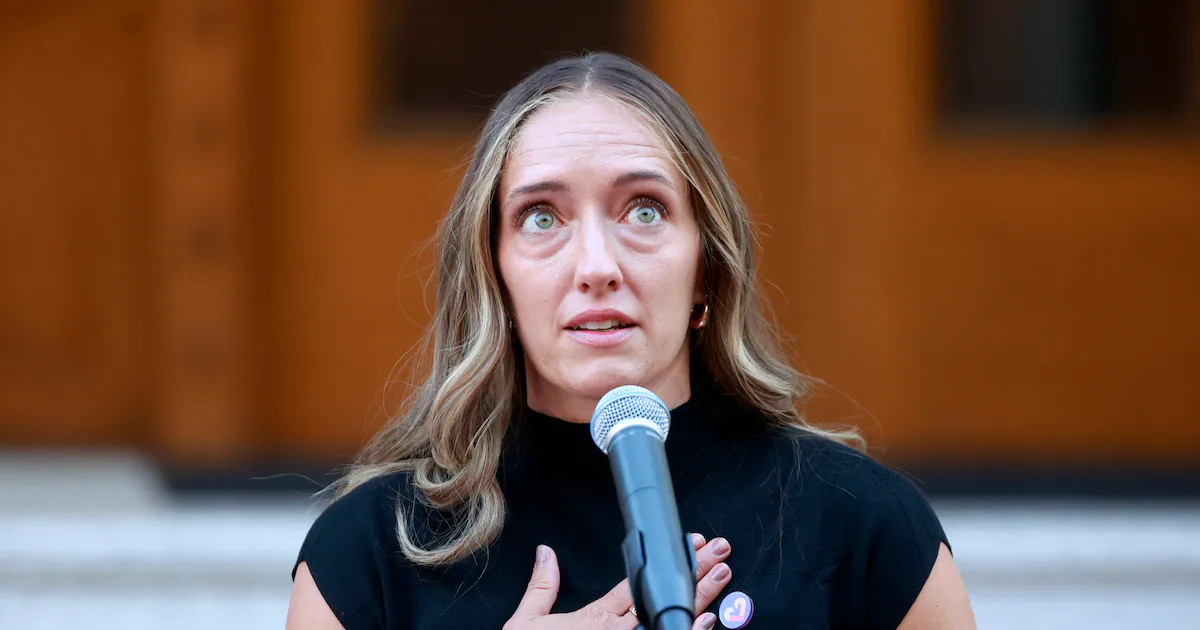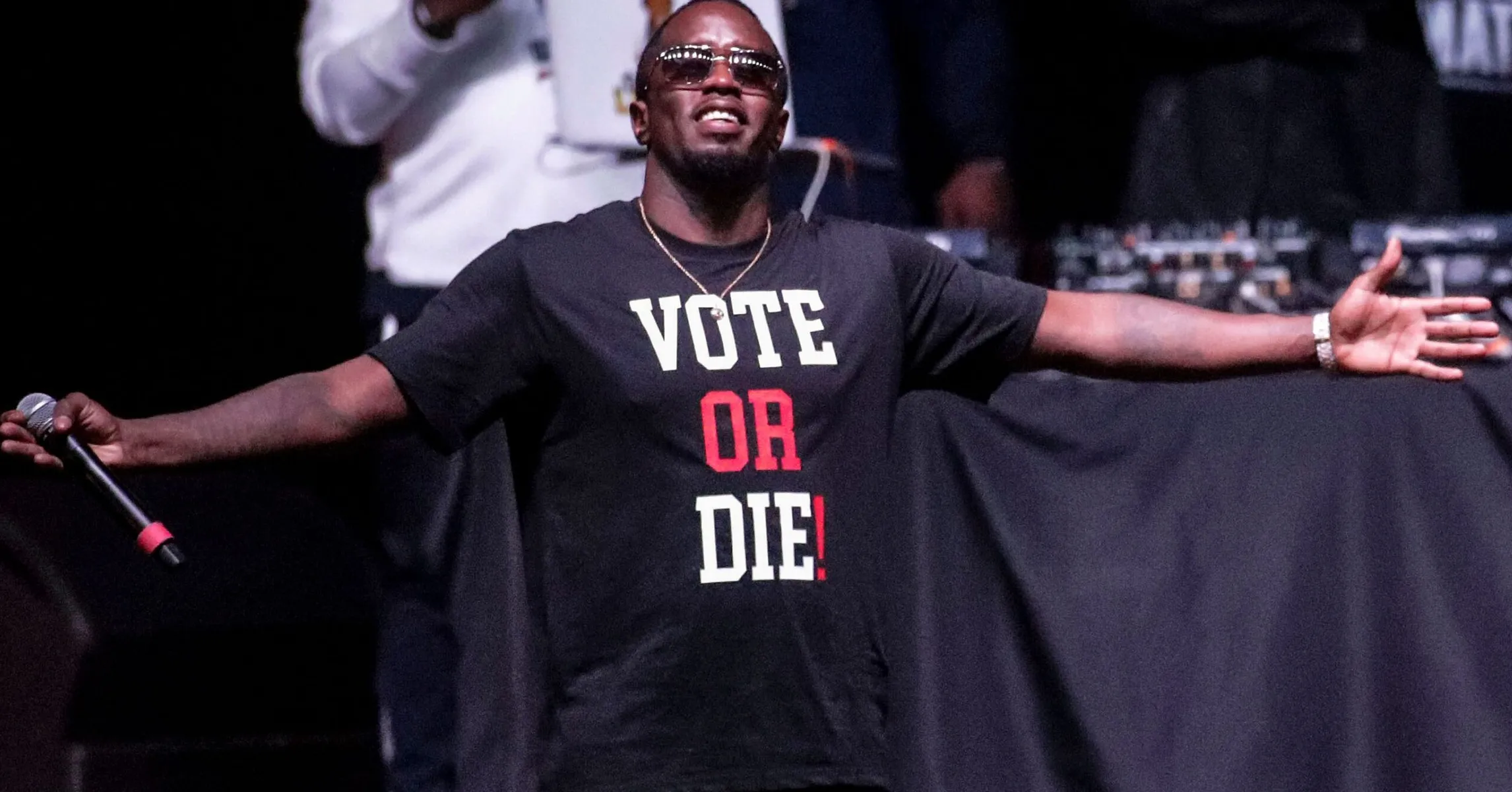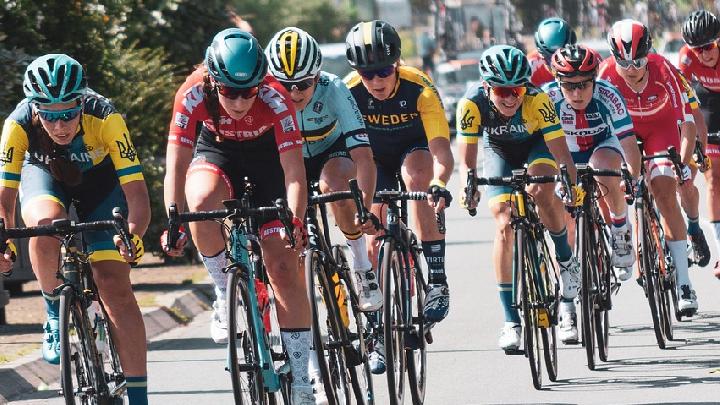
Utah first lady Abby Cox took a leap forward Wednesday in her mission to transform Utah’s foster care systems — but continued success in boosting foster care depends on Utah communities, she said.
Utah’s first lady, in partnership with Utah Foster Care, hosted a joint press conference Wednesday to announce the statewide launch of Care Communities for foster families.
Care Communities is a program which builds volunteer groups of eight to 10 people who together surround a single foster family and provide support where it is needed, such as making meals, doing laundry and babysitting.
“When this idea of care communities was realized, and I started thinking about it, I thought, ‘If there is one place on earth that this can be done statewide, it would be right here in the state of Utah,’” Cox said during her remarks Wednesday.
Care Communities was launched as a pilot program two years ago, with the aim to provide foster families with more stability, give foster children a stronger foundation and reduce burnout in foster parents, so they can stick to fostering for longer periods.
Through the pilot program, nearly 300 Utah adults have stepped up to volunteer for Care Communities, creating 23 Care Communities in Utah.
The goal, Abby Cox told the Deseret News, is to build 60 more of these communities in the next year. She hopes every foster family in Utah who wants support from a care community will receive it.
“This concept of Care Communities is really inherent to where we are and who we are as Utahns,” Utah Gov. Spencer Cox said during his remarks. He added that results from the Care Communities pilot program have been “overwhelmingly positive.”
He continued, “This idea that we could be the first state with families waiting for kids, instead of kids waiting for families, was something that truly felt like a rallying cry.”
The impact of Care Communities
When Janelle McGinty joined Care Communities as a care team leader for a foster family, she recalled feeling “inadequate.”
McGinty added that, at first, she felt skeptical as to how much of an impact she could have on a foster family through occasional babysitting, dropping off a meal or helping with extra housework.
“But I quickly learned how much those simple acts really mattered,” McGinty said. “Babysitting gave the parents a chance to catch their breath, (a chance to get) a meal on a busy night, (it) gave them relief. After a long day, helping with housework reminded them that they weren’t carrying the load alone.”
She continued, “The most meaningful part about Care Communities is that through the act of lifting others, we are lifted ourselves.”
Gina Philips, the director of communications at Utah Foster Care, offered a similar sentiment.
She said “simple acts of service” such as taking foster kids to dance class or sports practice, providing meals and offering support to foster parents — even just going on walks with them — has made a “huge difference” in the success of the foster program.
The relationships that come from this program, Philips added, are another “beautiful” result of the community-based program.
“The relationships that are built, they’re real,” she said. “These are real people, real relationships, real children who need help and who need support.”
Faith groups rally around Care Communities
The interfaith community in Utah also stepped in to be part of the Care Communities program.
Representing the support from Utah’s interfaith community on Wednesday was Elder Derek Miller, an Area Seventy of The Church of Jesus Christ of Latter-day Saints and a member of the Care Community advisory board, as well as the Rev. Nathan Sautter, pastor of Cottonwood Presbyterian, who is both an adoptive parent and foster parent.
Elder Miller said he felt both humble and proud to be involved with the Care Communities program. As someone who has seen firsthand how the program operates, Miller said he is proud of its “amazing” work and humbled to play a role in it.
Miller added that he admires how the program has brought “people of goodwill together from different faiths around a shared and noble purpose.”
“I’m so delighted that the work of care communities is expanding, expanding across faiths, neighborhoods and our entire state,” he added. “This kind of service doesn’t just help those in need, it helps all of us, the giver and the receiver, and ultimately, it helps us to be the kind of people we want to be, compassionate and kind.”
For the Rev. Sautter, Care Communities has made an impact in his daily life. As a parent to foster children, Sautter has been on the receiving end of the support offered by Care Communities.
“Fostering is probably the hardest work I’ve ever done. … It’s also the most rewarding and the thing that I’m probably most proud of in my life,” Sautter said. “But my wife and I couldn’t have done it without our Care Community. I don’t know how we would have made it.”
Sautter said the community that has supported his family during the fostering program has become like an “extended family” to them, as they have shown his children how deeply they are loved.
He also highlighted how programs like Care Communities provide the support necessary to create brighter futures in the lives of vulnerable children, like those in the foster program.
“It stops cycles of poverty, of violence, of neglect, of addiction,” he said. “It chooses to disrupt those cycles in the lives of children.”
How to become part of a Care Community
There are a few simple steps to becoming part of a Care Community.
First, go to Utah’s Foster Care website, where it will have all the information needed to get started. Second, reach out to your local congregation and let them know you are interested in joining a Care Community — they will help match you with a family in your area.
Once you are assigned to a family, Care Community provides robust training on how care team members can aid these families as well as a broader understanding of foster care, the first lady told the Deseret News.
“We tell our kids to go out and change the world. That is not right. Our kids need to go out and change their neighborhood,” Abby Cox said. “Each one of us has an opportunity to be a doer. … To change what is going on in the world right now, to change the fear and the anger and the skepticism about somebody that’s different from us — this is the answer today.”



